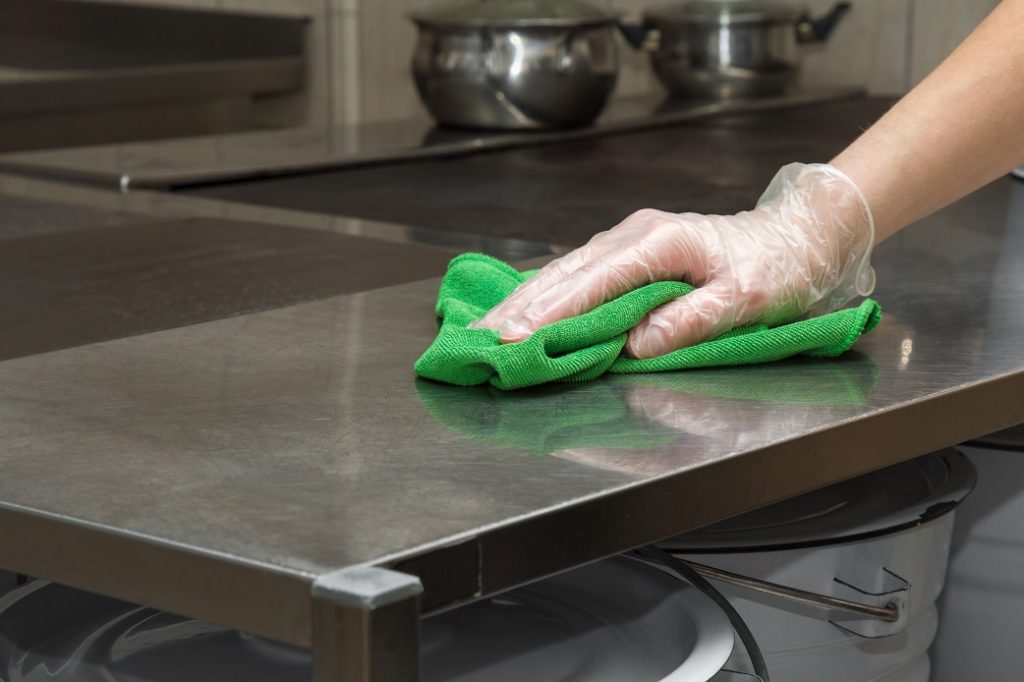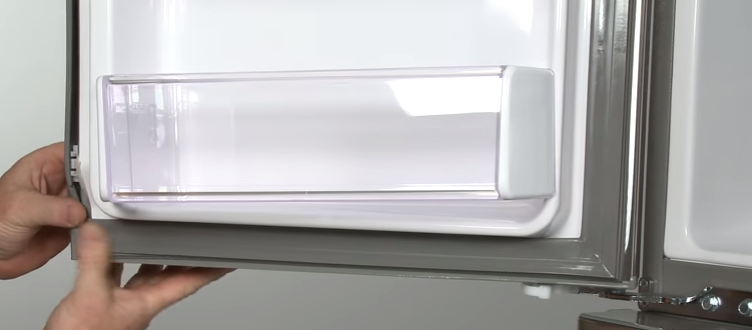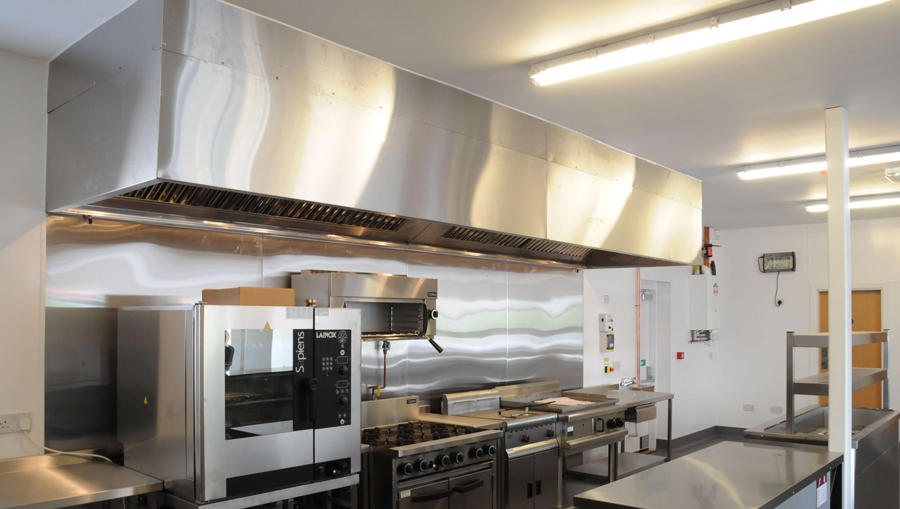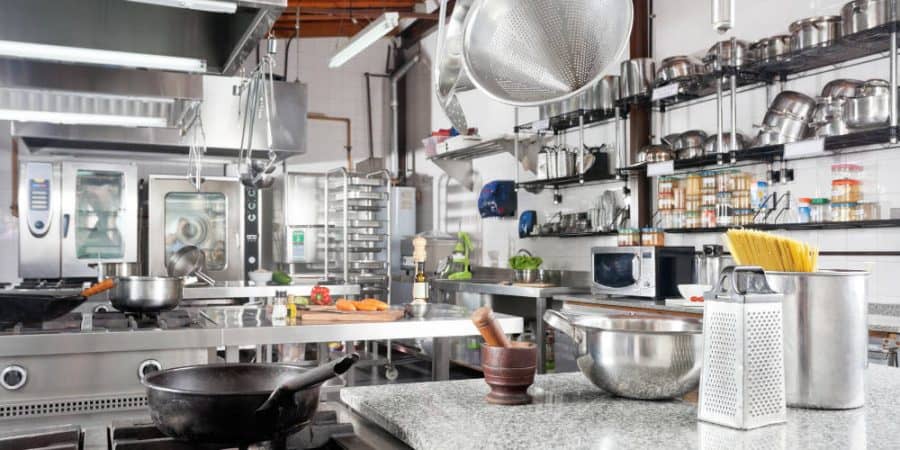We are obsessed with cleanliness! Health and safety are priorities for us here at Campus Cooks. So, let us discuss some insider pro tips for cleaning a commercial kitchen so it conforms with health and safety regulations. From products to use on kitchen equipment to make them shine to maintenance tips that will help commercial equipment stay clean longer, these tips will keep your kitchen hygienic from breakfast to dinner. We are ecstatic to share with you our top three pro tactics for cleaning commonly overlooked areas in commercial kitchens. Let’s keep your students and staff healthy!
Clean and Protect Equipment with Oil
Why it matters: Cleaning protected equipment improves safety and reduces wear and tear. Handling the volume of cooking required to keep up with consumer demand means that grime will accumulate on surfaces. It is highly recommended that these pieces of equipment be cleaned daily, especially while handling large volumes. This helps to reduce cross contamination and avoid stubborn grease stains.
- Use food grade mineral or equipment oil on commercial slicers, fruit slicers, wood cutting boards and the flat top grill to maintain and protect the equipment.
- Pro Tip: Common kitchen oils like canola or vegetable oil can ruin equipment quickly. Buy food grade equipment oil for the best results.

Clean Your Gaskets
Why it matters: Gaskets serve many purposes for commercial refrigeration. They protect the unit and the door from experiencing wear and tear from the force exerted on it. When used properly, gaskets keep your commercial refrigeration operating at peak performance. Faulty or dirty gaskets can cause loss of heating or cooling, therefore increasing risk of equipment replacement and repair costs along with potential loss of food and higher energy costs. Gaskets also can keep unwanted pests out. To accomplish all these capabilities, gaskets must have an airtight seal.
- Clean using warm water and baking soda, or a mild soap. Clean with a soft cloth or sponge to avoid tearing the gasket. Be sure to leave the gasket on the doors when they are being cleaned. This will ensure that the gasket stays in place and increases its holding power.
- Check for tears, holes, or signs of breakdown regularly.
- Pro Tip: Shut the door with a dollar bill sticking out. If the door gives resistance, the gasket is good, and the seal is strong. If the test fails, it may be time to get your gasket replaced or repaired.

Regular Maintenance For Hood Vents
Why it matters: Scheduled professional maintenance and regular cleaning by your team are imperative to increasing the life span of equipment. Hood vents help to remove airborne grease, smoke, and orders that generally come from commercial ranges, fryers, and other equipment. When there is a heavy buildup of grease and contaminants in the hood vents, it can restrict airflow in your kitchen, therefore promoting disease and increasing the risk of a fire. Therefore, it is important to clean your commercial range hood vents to keep your kitchen clean and safe.
- Before you begin, unplug the unit and let it cool down.
- On a regular basis use extra strength degreaser, power wash, or run the vent through a complete commercial dishwasher.
- Pro Tip: Our favorite degreaser is Greasestrip Plus by Ecolab.

Hungry for more cleanliness tips? Check out Our Top Two Standards for Chemicals in Your Kitchen.
Try us on for size! Get more information about Campus Cooks here.



0 Comments